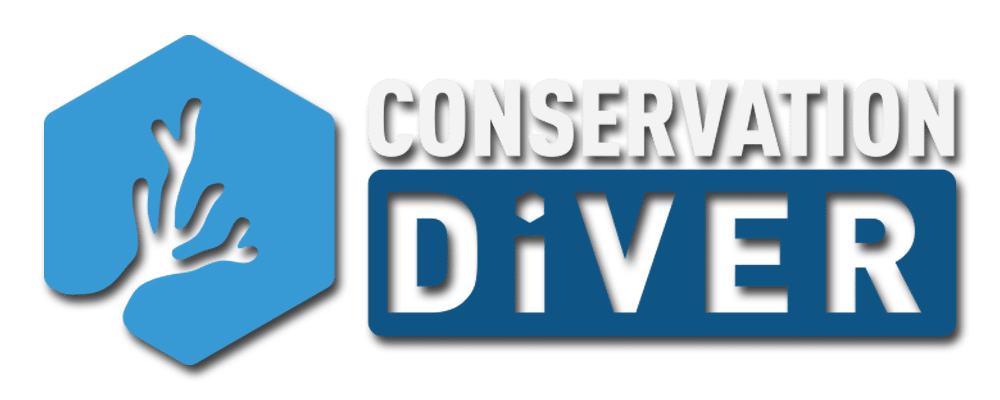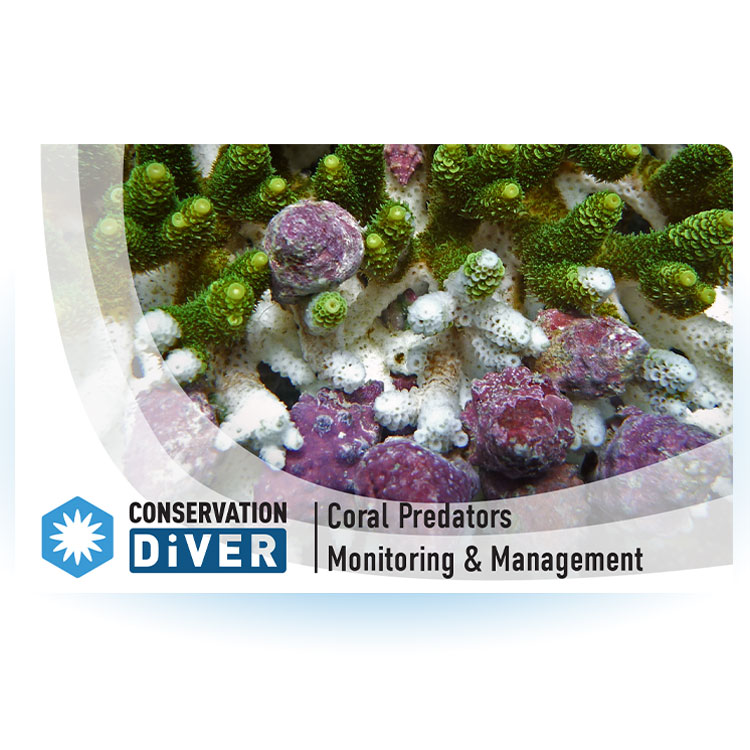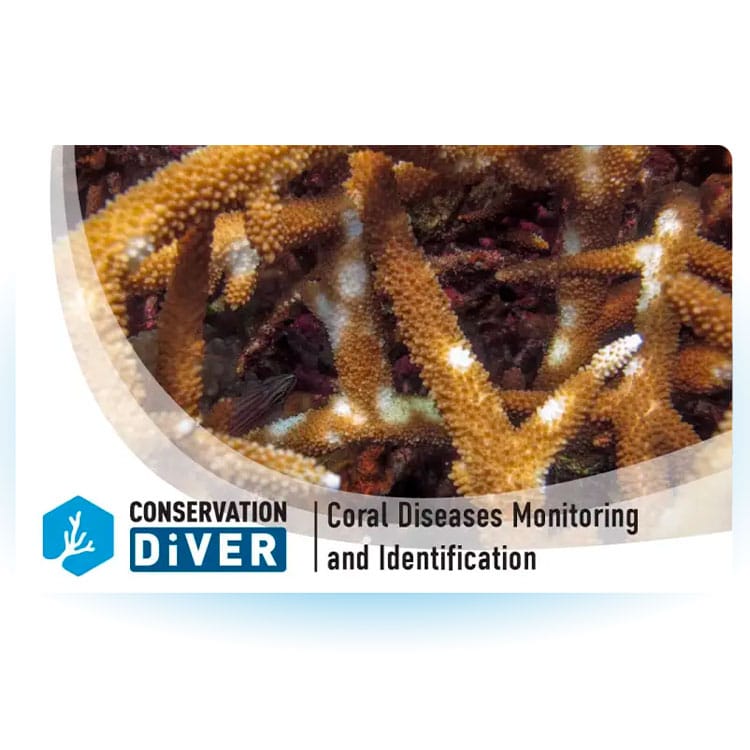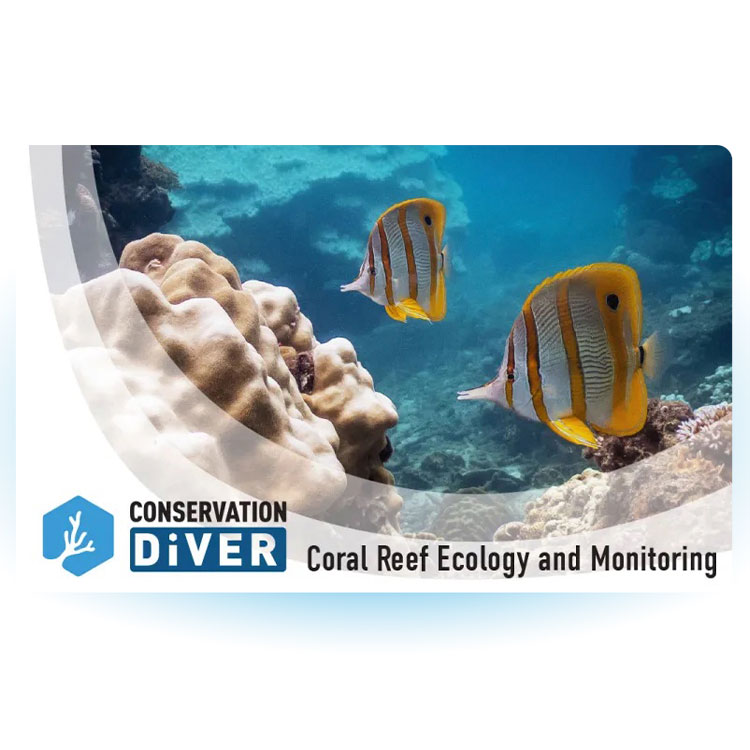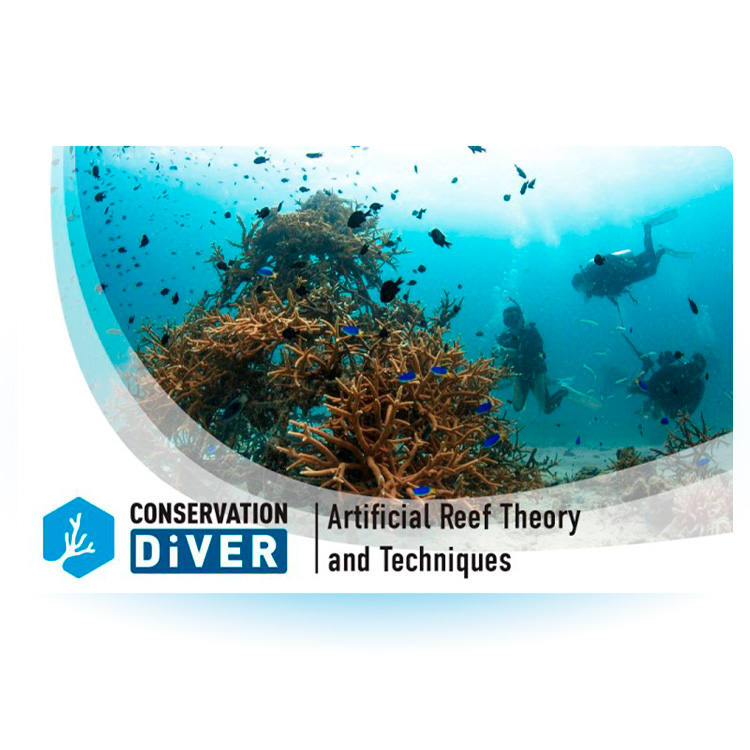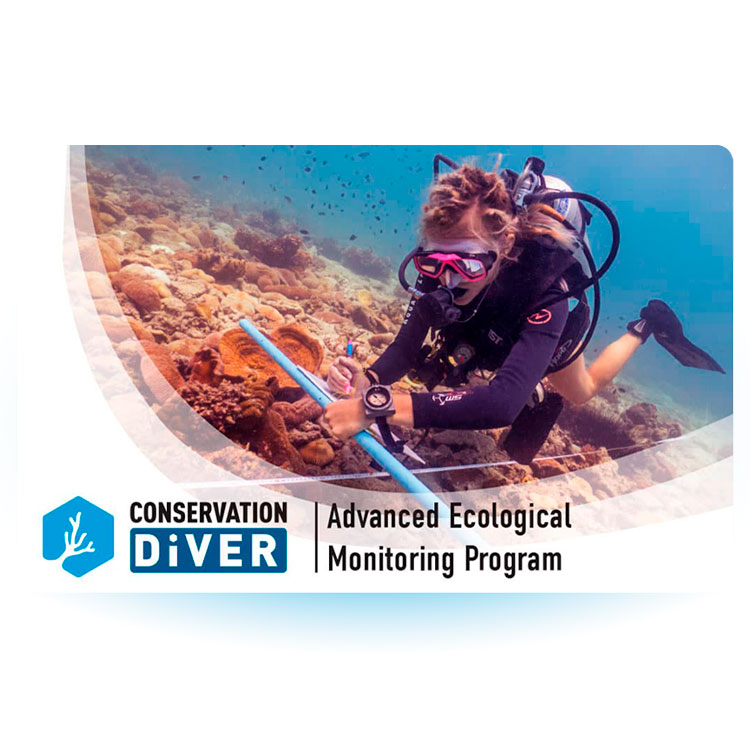Coral Predators Monitoring & Management
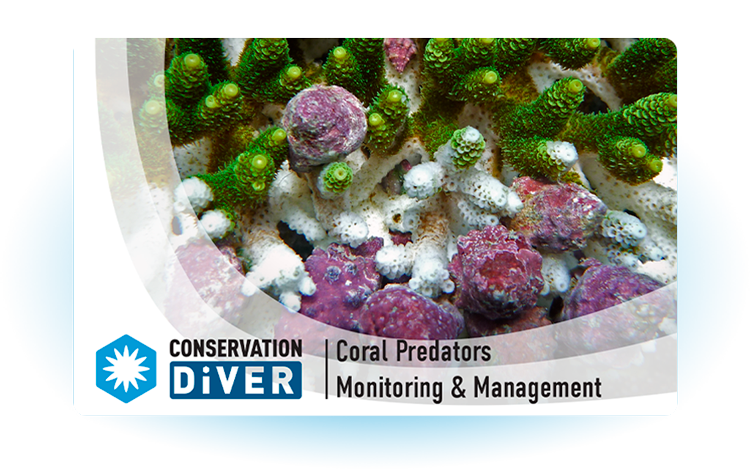
Coral Predators Monitoring & Management
The Coral Predators: Population Monitoring and Management Course is designed to give students an introduction to the impacts of over-populations or outbreaks of coral predators such as the Crown of Thorns starfish and Drupella Snails. The course teaches students about the causes and effects of imbalances in the reef ecosystem, and gives them the knowledge and skills to monitor and assess coral predator populations. In addition to learning about ways to address the root of the problem, students will also learn how to safely and effectively manage populations of coral predators to increase reef resilience, decrease mortality following bleaching events, and be proactive in managing coral reef areas for future sustainability.
Learn about the root causes of coral predator population outbreaks.
Gain insight into current theories on the population dynamics of coral predators in stressed reef ecosystems.
Comprehend the vital role of coral predators within the reef ecosystem.
Develop skills in safely and effectively managing coral predator populations, including assessing their abundance.
Program Eligibility and Requirements
To join the Coral Predators: Population Monitoring & Management Program, participants need to meet the following criteria:
- Age Requirement: Applicants must be 12 years of age or older.
- Diver Certification: Applicants should hold certification as an Advanced diver from a recognized diving organization such as PADI, SSI, RAID, or similar. Alternatively, Open Water divers can be eligible if they have successfully completed a buoyancy appraisal under the guidance of a professional diver.
- Diving Proficiency: Applicants need to showcase advanced diving skills, including excellent buoyancy control and self-awareness.
- Certifications: Interested individuals must have completed the following certifications offered by our program:
Upon Enrollment in the Course, participants will be required to:
- Attend the lecture on coral predators
- Perform a coral predator population survey
- If research suggests a local outbreak then perform a predator management and removal dive
Published papers and reports derived through the teaching of this course
- Population dynamics of corallivores (Drupella and Acanthaster) on coral reefs of Koh Tao, a diving destination in the Gulf of Thailand by Chad M. Scott, Rahul Mehrotra, Margaux Y. Hein, Michelangelo S. Moerland, and Bert W. Hoeksema
- In-situ egg deposition by corallivorous snails on mushroom corals at Koh Tao (Gulf of Thailand) by Chad M. Scott, Rahul Mehrotra and Bert W. Hoeksema
- Prey selection of corallivorous muricids at Koh Tao (Gulf of Thailand) four years after a major coral bleaching event by Michelangelo S. Moerland, Chad M. Scott and Bert W. Hoeksema
- Spawning observation of Acanthaster planci in the Gulf of Thailand by Chad M. Scott, Rahul Mehrotra and Pau Urgell Plaza
- Dietary shift in corallivorous Drupella snails following a major bleaching event at Koh Tao, Gulf of Thailand by B.W. Hoeksema, C. Scott & J.D. True
Discover other related courses
Nothing found.
Coral Diseases & Compromised Health Monitoring
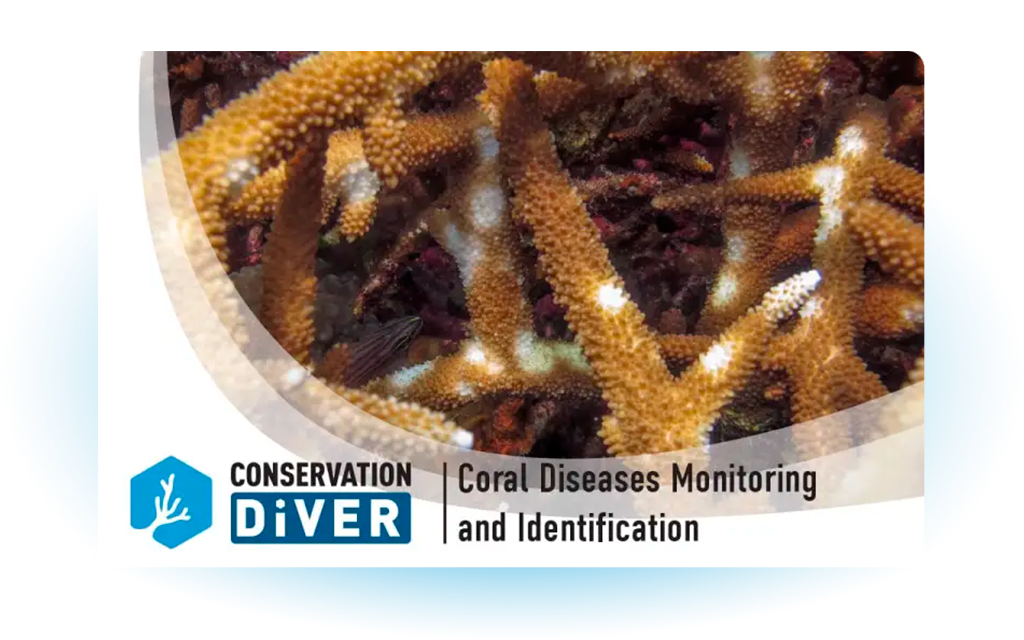
Coral Diseases & Compromised Health Monitoring
The Coral Disease & Compromised Coral Health Monitoring course is a prestigious certification card for those students who are able to complete all aspects of our Ecological Monitoring Program, and Coral Taxonomy and Identification in theory and practice. When performed to a high level of proficiency, coral health assessment can be incorporated into the surveys. This card recognizes your ability to identify all states of coral health, and contribute to coral disease and overgrowth monitoring, and research.
Gain insight into how predation, competition, and parasitism influence the structure and population dynamics of coral reefs.
Become proficient in a range of survey techniques employed by reef managers to monitor the health of coral reef ecosystems.
Familiarize yourself with common causes of coral mortality and compromised health states and be able to identify them effectively.
Develop the ability to identify common coral diseases in the region.
Program Eligibility and Requirements
To join the Coral Diseases & Compromised Health Monitoring Program, participants need to meet the following criteria:
- Age Requirement: Applicants must be 12 years of age or older.
- Diver Certification: Applicants should hold certification as an Advanced diver from a recognized diving organization such as PADI, SSI, RAID, or similar. Alternatively, Open Water divers can be eligible if they have successfully completed a buoyancy appraisal under the guidance of a professional diver.
- Diving Proficiency: Applicants need to showcase advanced diving skills, including excellent buoyancy control and self-awareness.
- Certifications: Interested individuals must have completed the following certifications offered by our program:
Upon Enrollment in the Course, participants will be required to:
- Attend the Compromised Coral Health Assessment and Monitoring lecture and any related knowledge building sessions
- Read and complete the chapter reviews for the Coral Disease and Coral Bleaching Chapter of the Ecological Monitoring Manual
- Complete and pass all the written exams for the courses listed above (80% and above)
- Complete and pass the written exam for the Compromised Coral Health and Monitoring course
- Successfully perform at least one Coral Disease and Comprised Health Monitoring Survey
- Complete data entry, in the form of hard copy data sheets or the online database, as required
Discover other related courses
Nothing found.
Coral Reef Ecology & Monitoring
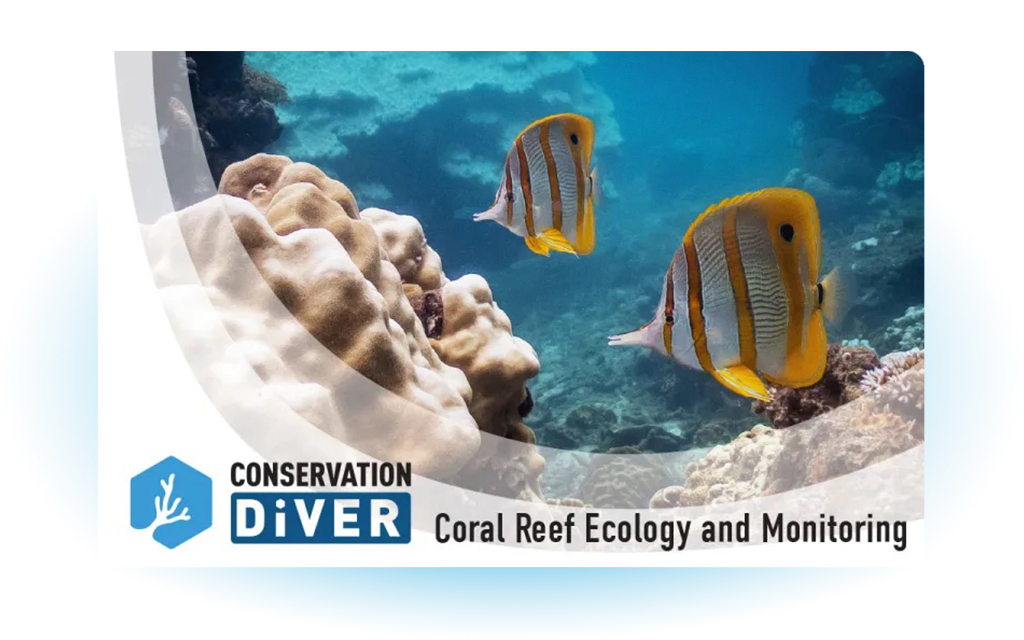
Coral Reef Ecology & Monitoring
The Coral Reef Ecology & Monitoring Course is a partial fulfilment of the full Ecological Monitoring Program (EMP), for students who do not have time to complete all 5 lectures and 4 dives of the EMP. It is designed to give students an introduction to coral reef ecology and how to view the reef scientifically by assessing key biotic and abiotic reef components. The course teaches students how to use real world scientific sampling and reef survey techniques and certifies them to conduct their own surveys and report data back to the online database. Students receiving this certification are welcome to return at a later date and complete the full EMP course.
Deepen your understanding of coral reef ecology and the challenges they face in their natural habitat.
Familiarize yourself with a variety of survey methods used by reef managers to monitor coral reef ecosystems.
Acquire the skills and diagnostic features needed to identify coral reef invertebrates along a permanent transect line.
Master the techniques for identifying coral reef fishes and other vertebrates along a permanent transect line.
Program Eligibility and Requirements
To join the Coral Reef Ecology & Monitoring Program, participants need to meet the following criteria:
- Age Requirement: Applicants must be 12 years of age or older.
- Diver Certification: Applicants should hold certification as an Advanced diver from a recognized diving organization such as PADI, SSI, RAID, or similar. Alternatively, Open Water divers can be eligible if they have successfully completed a buoyancy appraisal under the guidance of a professional diver.
- Diving Proficiency: Applicants need to showcase advanced diving skills, including excellent buoyancy control and self-awareness.
Upon Enrollment in the Course, participants will be required to:
- Attend the Intro to Marine Ecology Lecture
- Perform at least one of the three survey lectures:
- Coral Reef Invertebrates
- Fish
- Substrate
Discover other related courses
Nothing found.
Advanced Marine Ecology – Competition & Biofouling
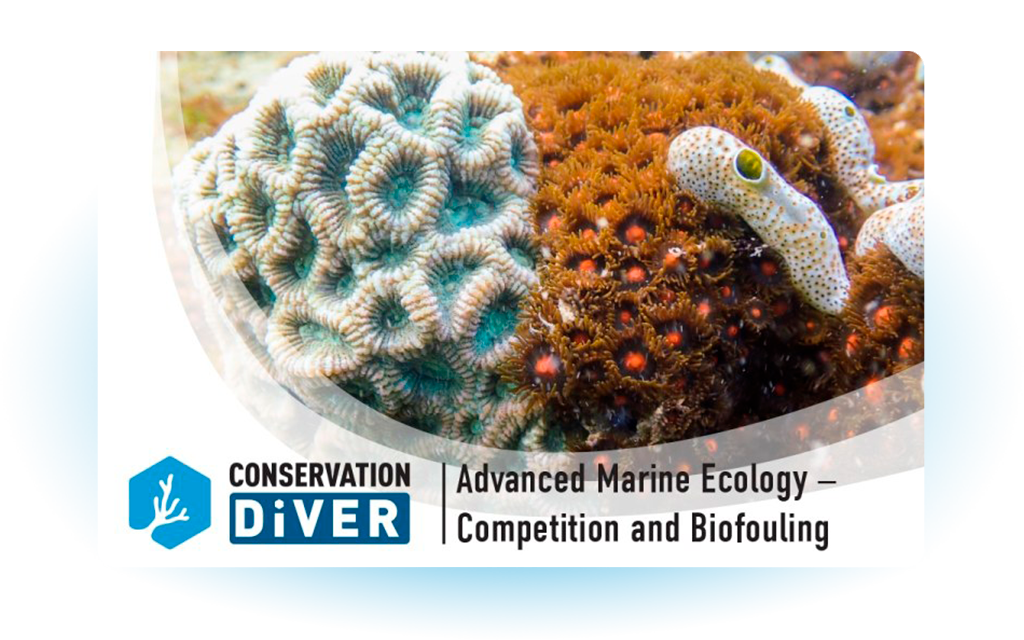
Advanced Marine Ecology – Competition & Biofouling
The Advanced Ecological Monitoring Program certification is a prestigious certification course for students seeking to gain knowledge and practice in a multitude of research techniques and demonstrate exceptional skill in performing reef surveys and data collection. This certification recognizes your commitment to coral reef monitoring and research and takes several weeks to achieve.
Learn and apply a range of marine research methods, from water quality testing to coral health monitoring.
Successfully execute various survey methods and adhere to precise data collection protocols.
Enter data into established databases and gain insight into effective analysis and reporting.
Develop a well-rounded skill set for impactful marine research and conservation efforts.
Program Eligibility and Requirements
To join the Advanced Marine Ecology – Competition & Biofouling Program, participants need to meet the following criteria:
- Age Requirement: Applicants must be 12 years of age or older.
- Diver Certification: Applicants should hold certification as an Advanced diver from a recognized diving organization such as PADI, SSI, RAID, or similar. Alternatively, Open Water divers can be eligible if they have successfully completed a buoyancy appraisal under the guidance of a professional diver.
- Diving Proficiency: Applicants need to showcase advanced diving skills, including excellent buoyancy control and self-awareness.
- Certifications: Interested individuals must have completed the following certifications offered by our program:
Upon Enrollment in the Course, participants will be required to:
- Attend all knowledge development presentations included in the courses listed above, including the Advanced Ecological Monitoring Program lecture.
- Read and complete the chapter reviews for chapters 9-10 of the Ecological Monitoring Program manual.
- Successfully pass all the written exams for the courses listed above, achieving a score of 80% or higher.
- Engage in at least one Compromised Coral Health survey or Coral Bleaching Survey.
Published papers and reports derived through the teaching of this course
- Recruitment of hard coral communities on giant clam shells (Cardiidae: Tridacna) differ from surrounding reef habitats at a tourist destination in the Gulf of Thailand
Rahul Mehrotra, Alyssa Allchurch, Coline Monchanin, Chad M Scott - Citizen science reveals the population structure and seasonal presence of whale sharks in the Gulf of Thailand
Kirsty Magson, Emily Monacella, Chad Scott, Noémie Buffat, Sirachai Arunrugstichai, Metavee Chuangcharoendee, Simon J Pierce, Jason Holmberg, Gonzalo Araujo - Population dynamics of corallivores (Drupella and Acanthaster) on coral reefs of Koh Tao, a diving destination in the Gulf of Thailand by Chad M. Scott, Rahul Mehrotra, Margaux Y. Hein, Michelangelo S. Moerland, and Bert W. Hoeksema
- Rare zooxanthellate Nanipora octocoral (Helioporacea) in the Gulf of Thailand by Pau Urgell Plaza, Rahul Mehrotra, Chad M. Scott and James Davis Reimer
- Changes in hard coral abundance and composition on Koh Tao, Thailand, 2006-2014 by Chad M. Scott, Rahul Mehrotra, Madalena Cabral and Sirachai Arunrugstichai
- An update to the list of coral reef fishes from Koh Tao, Gulf of Thailand by Patrick Scaps and Chad M. Scott
- Incident Report and Restoration Overview: Boat Grounding, Chalok Ban Kao Reef, January 2017 2015. by Chad Scott, Spencer Arnold, Elouise Haskin, Kirsty Magson, Rahul Mehrotra, Joel Rorher, Pau Urgell Plaza
Discover other related courses
Nothing found.
Artificial Reef Theory & Techniques
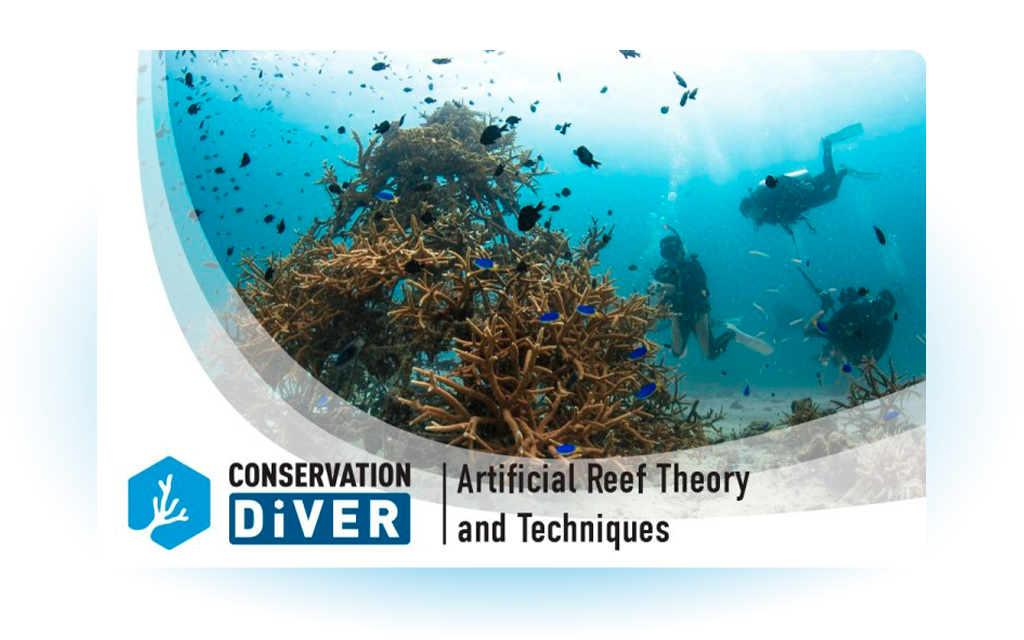
Artificial Reef Theory & Techniques
Artificial reefs have a wide range of uses in both coral reef restoration and problem mitigation. Artificial reefs (or structural restoration) can replace structure in disturbed areas, expand reef areas, provide alternative dive sites and diver training aids, or provide interesting art installations. Although they can be made simply, there is a lot of planning and theory behind any artificial reef instalment, and this course will give you the knowledge and skills you need to begin.
Explore the applications and distinctions of various artificial reef types and materials.
Learn practical standards for monitoring and sustaining artificial reefs.
Gain the skill to assess threats and historical disturbances, informing decisions on artificial reef necessity and structure selection.
Understand potential failure factors and the importance of meticulous planning and continuous maintenance.
Program Eligibility and Requirements
To join the Artificial Reef Theory & Techniques Program, participants need to meet the following criteria:
- Age Requirement: Applicants must be 12 years of age or older.
- Diver Certification: Applicants should hold certification as an Advanced diver from a recognized diving organization such as PADI, SSI, RAID, or similar. Alternatively, Open Water divers can be eligible if they have successfully completed a buoyancy appraisal under the guidance of a professional diver.
- Diving Proficiency: Applicants need to showcase advanced diving skills, including excellent buoyancy control and self-awareness.
- Certifications: Interested individuals must have completed the following certifications offered by our program:
Upon Enrollment in the Course, participants will be required to:
- Attend the artificial reef knowledge development sessions and complete the written exam.
- Successfully pass all the written exams for the courses listed above, achieving a score of 80% or higher.
- Construct and deploy an artificial reef structure.
- Understand or practice at least 3 different transplanting techniques
- Perform 3 artificial reef dives:
- Maintenance and observation dive
- Monitoring and data collection
- Deployment and attachment of coral from the coral nursery
Published papers and reports derived through the teaching of this course
- Contrasting coral community structures between natural and artificial substrates at Koh Tao, Gulf of Thailand
Coline Monchanin, Rahul Mehrotra, Elouise Haskin, Chad M Scott, Pau Urgell Plaza, Alyssa Allchurch, Spencer Arnold, Kirsty Magson, Bert W Hoeksema - Ecotourism and Coral Reef Restoration by Margaux Y Hein, Fanny Couture, Chad M Scott
- Coral restoration: Socio-ecological perspectives of benefits and limitations by Margaux Y Hein, Alastair Birtles, Bette L Willis, Naomi Gardiner, Roger Beeden, Nadine A Marshall
- The Fight for the Last of Life
- Coral Fragging Should be Banned
Discover other related courses
Nothing found.
Advanced Ecological Monitoring Program
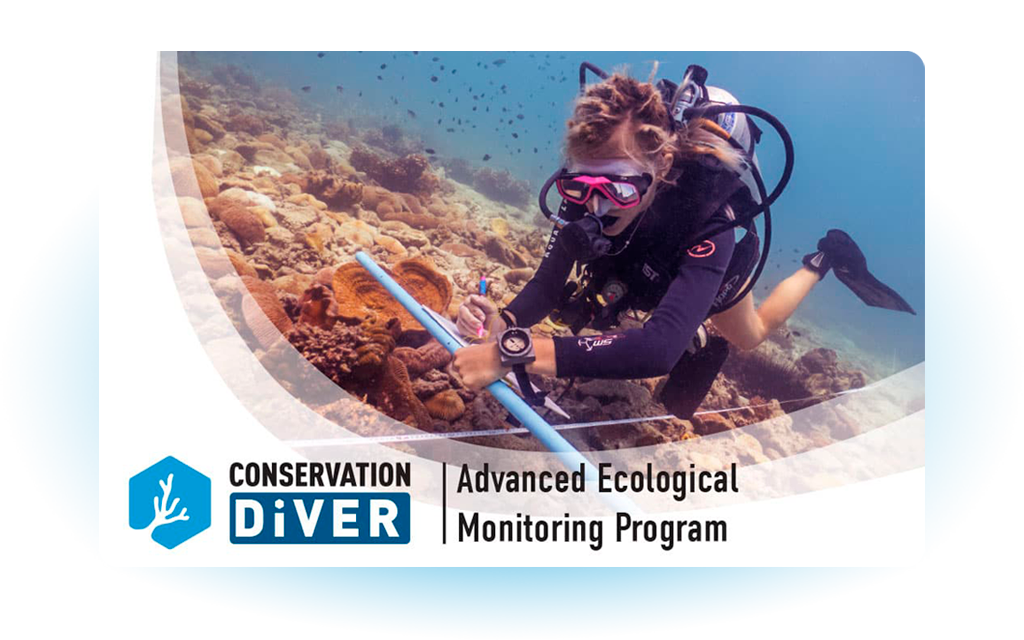
Advanced Ecological Monitoring Program
The Advanced Ecological Monitoring Program certification is a prestigious certification course for students seeking to gain knowledge and practice in a multitude of research techniques and demonstrate exceptional skill in performing reef surveys and data collection. This certification recognizes your commitment to coral reef monitoring and research and takes several weeks to achieve.
Learn and apply a range of marine research methods, from water quality testing to coral health monitoring.
Successfully execute various survey methods and adhere to precise data collection protocols.
Enter data into established databases and gain insight into effective analysis and reporting.
Develop a well-rounded skill set for impactful marine research and conservation efforts.
Program Eligibility and Requirements
To join the Advanced Ecological Monitoring Program, participants need to meet the following criteria:
- Age Requirement: Applicants must be 12 years of age or older.
- Diver Certification: Applicants should hold certification as an Advanced diver from a recognized diving organization such as PADI, SSI, RAID, or similar. Alternatively, Open Water divers can be eligible if they have successfully completed a buoyancy appraisal under the guidance of a professional diver.
- Diving Proficiency: Applicants need to showcase advanced diving skills, including excellent buoyancy control and self-awareness.
- Certifications: Interested individuals must have completed the following certifications offered by our program:
- Ecological Monitoring Program (EMP) certification
- Coral Taxonomy & Identification certification
- Coral Diseases & Compromised Health Monitoring certification, or an equivalent advanced monitoring course
Upon Enrollment in the Course, participants will be required to:
- Attend all knowledge development presentations included in the courses listed above, including the Advanced Ecological Monitoring Program lecture.
- Read and complete the chapter reviews for chapters 9-10 of the Ecological Monitoring Program manual.
- Successfully pass all the written exams for the courses listed above, achieving a score of 80% or higher.
- Engage in at least one Compromised Coral Health survey or Coral Bleaching Survey.
Published papers and reports derived through the teaching of this course
- Recruitment of hard coral communities on giant clam shells (Cardiidae: Tridacna) differ from surrounding reef habitats at a tourist destination in the Gulf of Thailand
Rahul Mehrotra, Alyssa Allchurch, Coline Monchanin, Chad M Scott - Citizen science reveals the population structure and seasonal presence of whale sharks in the Gulf of Thailand
Kirsty Magson, Emily Monacella, Chad Scott, Noémie Buffat, Sirachai Arunrugstichai, Metavee Chuangcharoendee, Simon J Pierce, Jason Holmberg, Gonzalo Araujo - Population dynamics of corallivores (Drupella and Acanthaster) on coral reefs of Koh Tao, a diving destination in the Gulf of Thailand by Chad M. Scott, Rahul Mehrotra, Margaux Y. Hein, Michelangelo S. Moerland, and Bert W. Hoeksema
- Rare zooxanthellate Nanipora octocoral (Helioporacea) in the Gulf of Thailand by Pau Urgell Plaza, Rahul Mehrotra, Chad M. Scott and James Davis Reimer
- Changes in hard coral abundance and composition on Koh Tao, Thailand, 2006-2014 by Chad M. Scott, Rahul Mehrotra, Madalena Cabral and Sirachai Arunrugstichai
- An update to the list of coral reef fishes from Koh Tao, Gulf of Thailand by Patrick Scaps and Chad M. Scott
- Incident Report and Restoration Overview: Boat Grounding, Chalok Ban Kao Reef, January 2017 2015. by Chad Scott, Spencer Arnold, Elouise Haskin, Kirsty Magson, Rahul Mehrotra, Joel Rorher, Pau Urgell Plaza
Discover other related courses
Nothing found.
